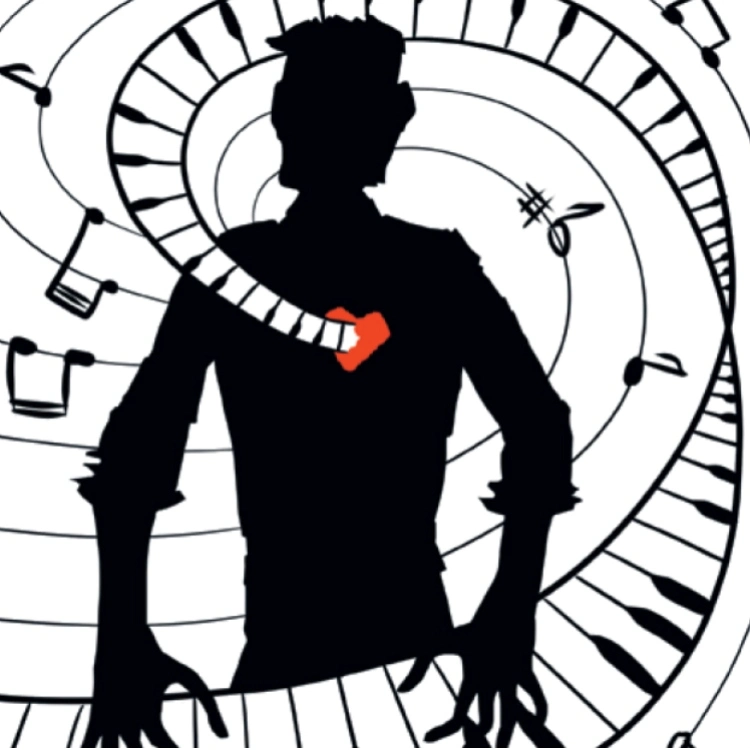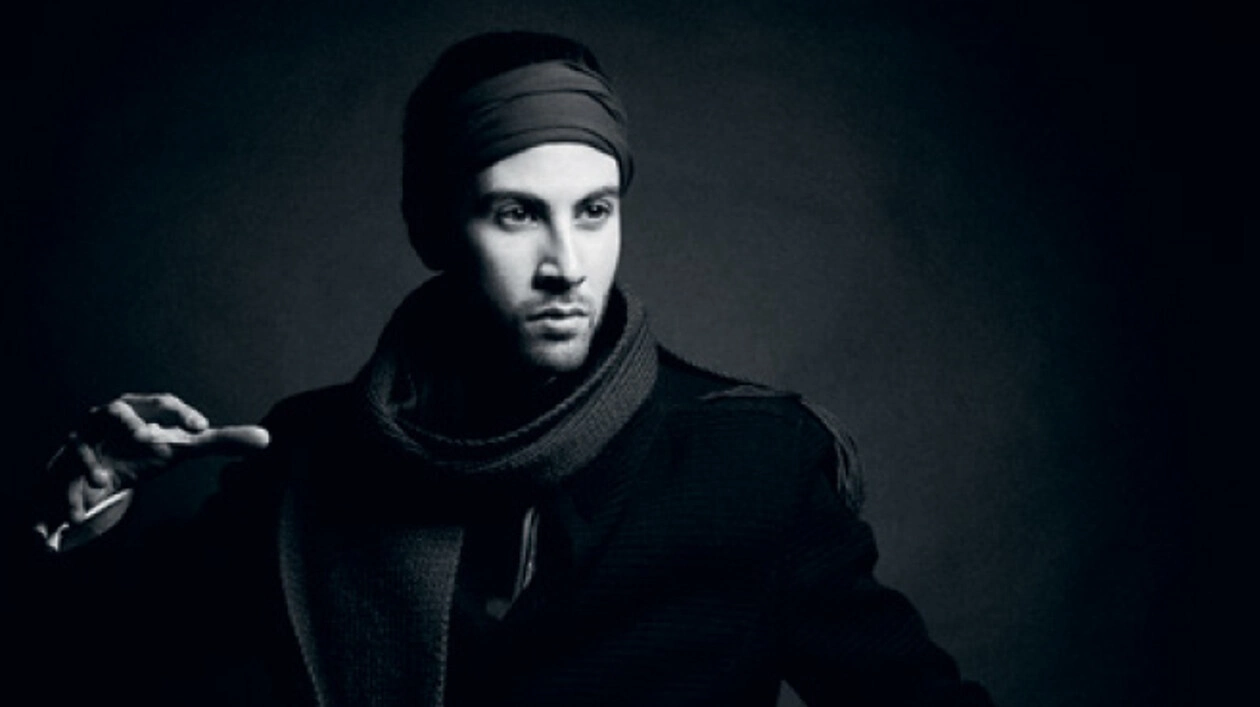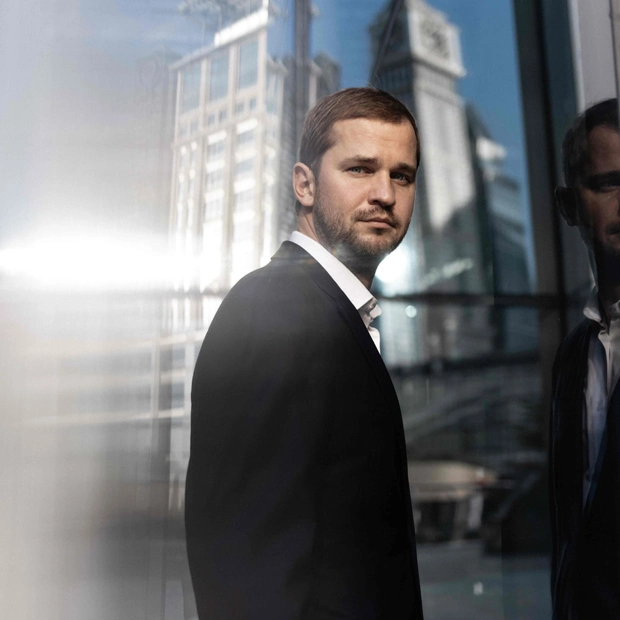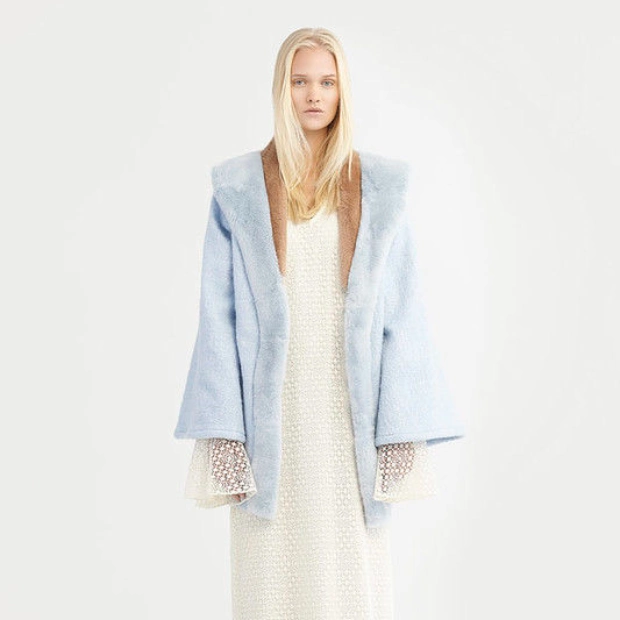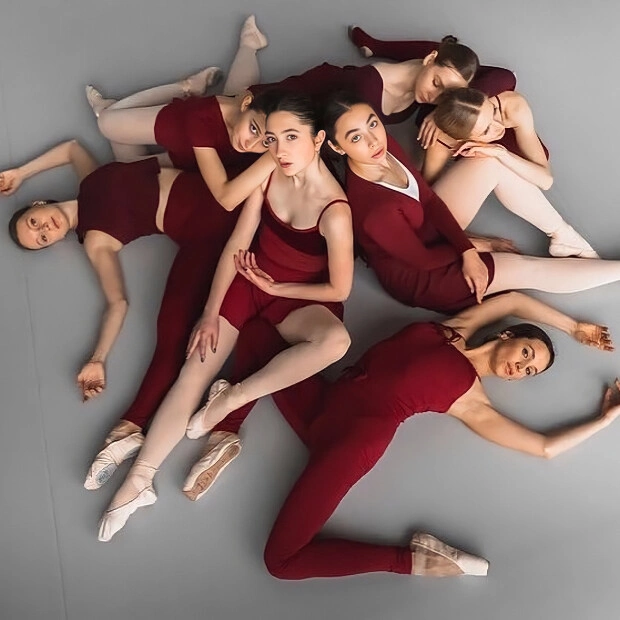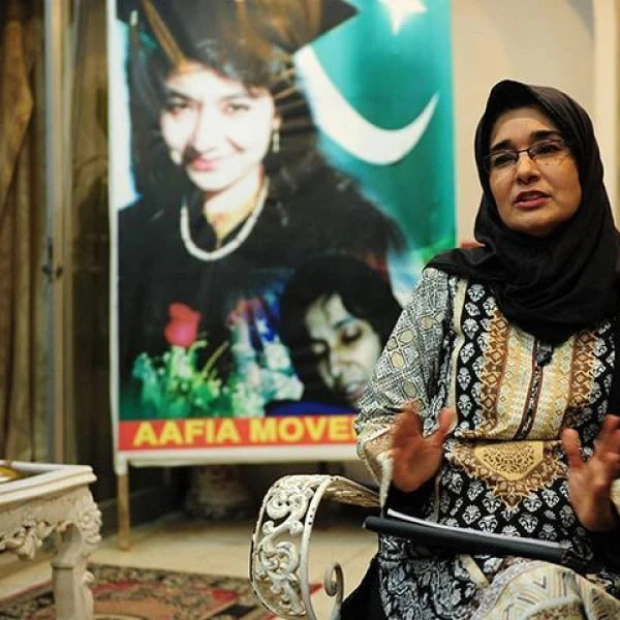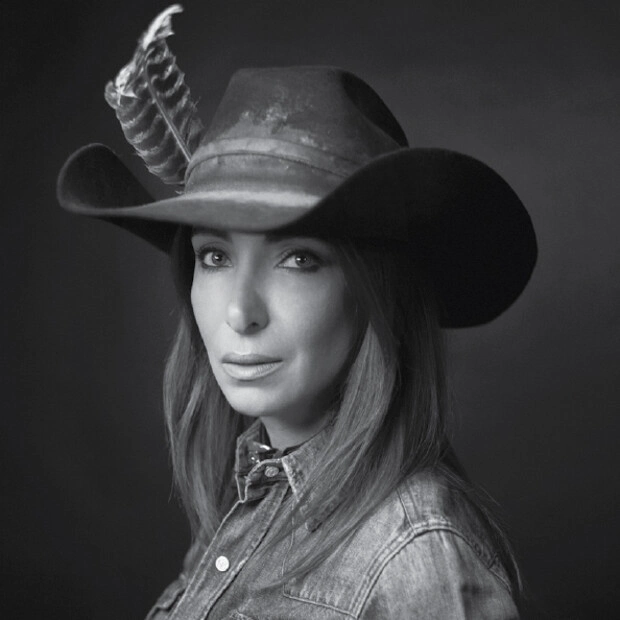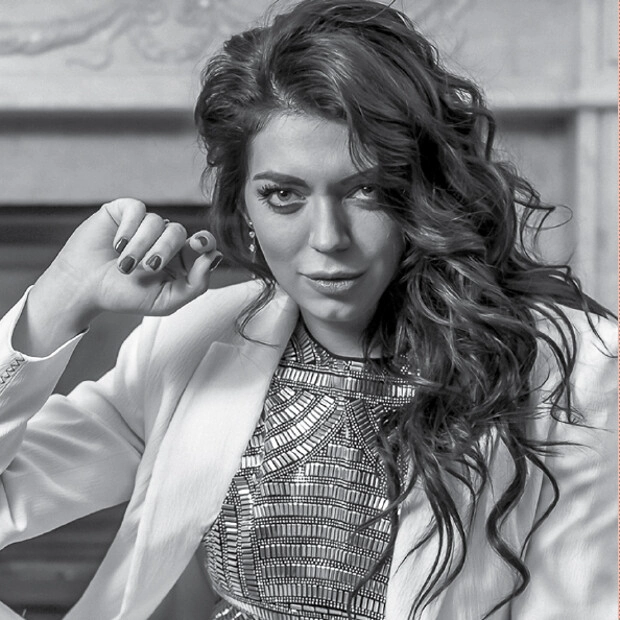It’s hard to talk about art in definite categories. Only someone involved into it who had chosen this hard way of eternal catharsis, living through sufferings in the name of being purified by art can approach the answers to the question about the eternal values. “Art is one of the ways to approach the truth”, — tells our new columnist, Russian pianist of Azerbaijan origin, laureate of many competitions and festivals, Riad Mammadov.
I was born to an artistic family: my parents are people of art. My mother is an art critic and my father paints. He was actively participating in the Baku musical life as well, because Baku used to be one of the most international and tolerant cities on the territory of the Soviet Union. There was a mix of different cultures and traditions, ideal field for intercultural communication. My dad played drums with leading bands, for example with Vagif Mustafazade, knows well the singer Aziza and loves music, he could sing the second score of Bach by heart from the beginning till the end. The nature chose so, father never learnt anything, he was just gifted. The vinyl records of Richter, Van Cliburn, Oscar Peterson, Keith Jarrett always sounded at home. My dad walked and sang, worked on paintings and sang. I remember that smell of oil paints, the sound of palette knife, full of the light sadness Brahms’ symphonies. When you grow up in environment like this the choice is obvious. Though I liked mathematics and used to study in mathematical lyceum before I left it for the musical school. But there wasn’t any feeling of making a choice like: OK, and now let’s not go to study music. It happened so, I was destined to, thought I liked to paint too. But the result was music because it is a branch of art I see as the most organizing and demanding concentration.
The love of my mother was overwhelming — I’m the only son in the family. She accumulated all of her energy and directed it to my father and me. In my case she was against painting. She sat with me and learnt the Twentieth concerto of Mozart; we both weren’t experts at music at all, I was just seven. I remember that cadence and how we learnt it, her excerpt and patience were amazing. I was sometimes allowed to draw though, I just needed to have a permission for that.
It was my mom who inspired me to enter the sec-ond doctorate and I did it. First was performing — in the class of Honored Artist of Russia with the big professor Ksenia Vadimovna Knorre. Her mother Vera Vasilyevna Gornostayeva was a great representative of the great Soviet and Russian piano school. The second musicological doctorate with professor Valentina Nikolaevna Holopova was not just my mother’s initiative though she is a person you can’t say no to. Resist-ance was impossible for one more reason: my friend and teacher The-odor Currentzis was pushing me to do it too. All the ways met in one crossroad absolutely unexpectedly and the choice was done.
We met with Theodor at Dyagilev festival in Perm. Me and my friend Georgiy Mansurov made a multi genre project, mix based on the poetic picture of Gregory Corso. There were texts, electronic music, acoustic instruments, elements of art, poetry and choreography it was all about something very important for us to tell, about feelings, something sublime and not. All started at Vladimir Martynov’s festival “Project of music ark” and four months later it was a full version.
In 2014 I became a musical advisor at the Ceremony of First European Games in Baku by Theodor’s request. It was a great project made at the stadium for sixty-five thousands of people. The art director was an outstanding Greek director of the modern theatre Dimitris Papaioannou. We wrote Azerbaijan, European, Russian symphonic music for ten-twelve hours daily, Petr Tchaikovsky’s Sixths Symphonia, Second Sym-phonia of Jean Sibelius, “Thunder’s Path” by Qara Qaraev and others. Theodor suggested to bring to the
light of spotlights the mixed genres of oriental music, Azerbaijan tradition — mugam — and Western music tradition — symphony and opera. On the point of these genres’ meeting we created a new hybrid one. It turned out later that I was the first to use this term, hy-brid genre, in musicology, according to my teacher’s opinion. Mugam is an oral professional genre, cultural heritage of humankind declared so by UNESCO in 2008. It is amazing how it harmonizes with canonic genres like symphony, opera. But if we look at mugam as at music mood then there’s a lot of uniting points.
All the roads started and ended in the Capitan of Russia. I love Moscow as it is a symbol of my inner identity. I met in this city the conscious part of my life. I was seventeen when I entered the Moscow State Conservatory. My framing as a person started here and since that time I have a strong will to be a part of this big society. I was influenced as a person and as a musician by life and art views of great nephew of Anton Arenky, pianist and composer Pavel Kondratyev. This is the place I met people who helped me on this way: true friends, spiritual and life coaches and teachers. Theodor’s brother, Evangelos Kurrentzis is my life coach, he is more than a friend. We are close with bright Miranda Mirianashvili and her great family. I am a welcomed guest at the Church of Holy Martyrs Sophia and Tatiana where my spiritual mentor Father Andrey works. This is a perceived part of my power.
The other part of my power — unconscious — is in Baku. It is inexplicable. I acquired it through the sea, my mother’s milk; there’s a boiling temper, sun, sand, bread in it. There are things that shouldn’t be explained. Every time I go there I become stronger. I like to perform concerts there.
Hermann Hesse wrote about jazz in Steppenwolf and in the small piece equal to paragraph destroyed all the aesthetics and philosophy of this music and then immediately in few words rose it up to the sky level — this is the power of image painted with words. There is a notion — musical image. Music is a seventy percent dance and thirty percent prayer. When you pray you pronounce the text, in music words are notes, they are keys to open the world with its own laws, smells, time and philosophy that you built while training and learning the compositions. They teach to read this text correctly in Conservatory. Only this gives you a right to talk about music, your own interpretation, only then you can create this world, capsule with your own special time and space.
We, musicians, are conductors, a point between compositor and eternity. We can add our interpretation and pass it to the audience. We know what they lived through, Ludwig Van Beethoven, Alfred Schnittke, Krzysztof Penderecki. What was there for Brahm’s breakfast, when he wrote his Third Symphony, what air he was breathing, what his compositions were about. You sat, you read the score or piano score, you entered his life, you understood his relationship with Schumann, this gave birth to your own story and it transfers into the high spiritual image accumulating pure energy around itself, and you share it with people. I can say that I am a happy person. It is hard to say what exactly and when makes me happy. It is not about being fine, it is about the ability to feel and feel em-pathy. To live and feel compassion. From one day to another. Burning like Phoenix and rise again from the ashes.
